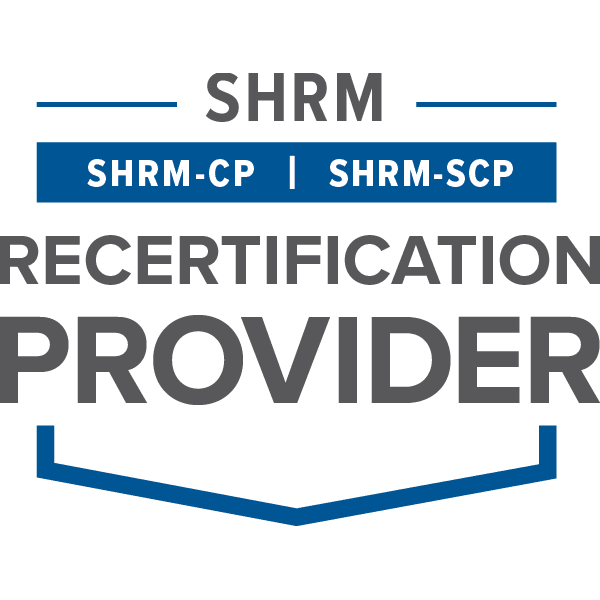Employees & Technology are the Driving Factor of HR in 2024
After resignations and layoffs during 2023, it is crucial for employers to leverage technology to help their employees thrive. Employees are seeking good company culture, growth opportunities, and company priorities which help to retain and attract employees.
When looking for new talent, we first must understand what job seekers are looking for. Here are some of their top priorities in 2024:
- Participation in meaningful work
- Engagement with good management
- Increased work-life balance
- Desire for hybrid or remote work
The labor force is changing, and employees aren’t afraid to stand up for what they want. Job descriptions and interviews can portray the company values and culture which can make all the difference in the choice an employee makes. Including remote workers in your search opens opportunities to find talent in a wider area and reduces the impact employees have on the environment by reducing or eliminating their commute. With the focus on new employees during 2024, focus still needs to be on the current employees, the ones who the workforce is not limited to understanding what jobseekers are looking for.
Current employees also have desires. Some of which are listed here:
- Retention
- Promotion and growth
- Development and upskilling
- Fear of job replacement by technology
Your employees want to stick around and as a business leader you are responsible for giving them reasons to. Competitive pay is a bonus, but also leveraging HR and creating a space where your employees feel comfortable and valued is just as important. Help provide your employees with the resources and time to learn more skills, after all it only makes them more valuable to your company.
How can you leverage technology in HR in 2024?
- Writing job descriptions and filtering candidates
- Automation of tasks and training
- Finding and generating key words
- Gathering data to make informed decisions
Technology and AI will continue to have an increased presence in the workplace and should be used as tools. They are not meant to replace your work and instead should be used to drive efficiency. You should use AI to help write job descriptions, assist in scheduling, generate interview questions, help jumpstart a brainstorming session, and improve your company’s visibility through SEOs. Your company should even use technology to gather data on employees. See what skills they lack, what your company culture is lacking, and then use online platforms to train and upskill your employees.
In 2024 decisions regarding employees should be driven by data. If your company does not leverage all the data accessible you will fall behind. Use technology to find, retain, and train your employees.
If you are looking for talent or HR services, contact us at DT@diverse-talent.com. We’ll help gather data throughout the search process to ensure that we bring quality candidates to you. We focus on highlighting a workforce that reflects our country’s demographics and are eager to connect with potential candidates to fill your open positions.





